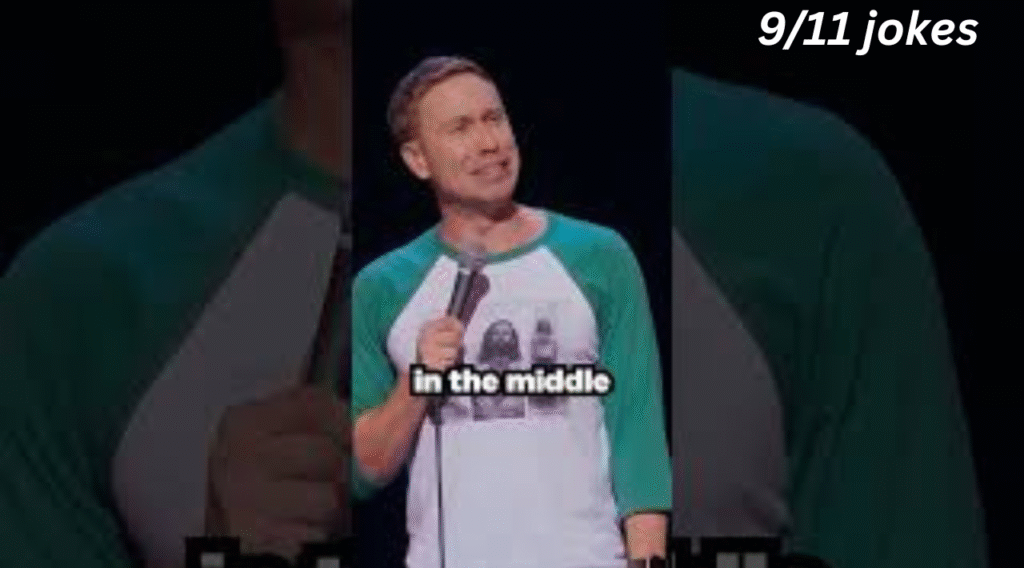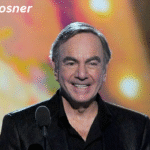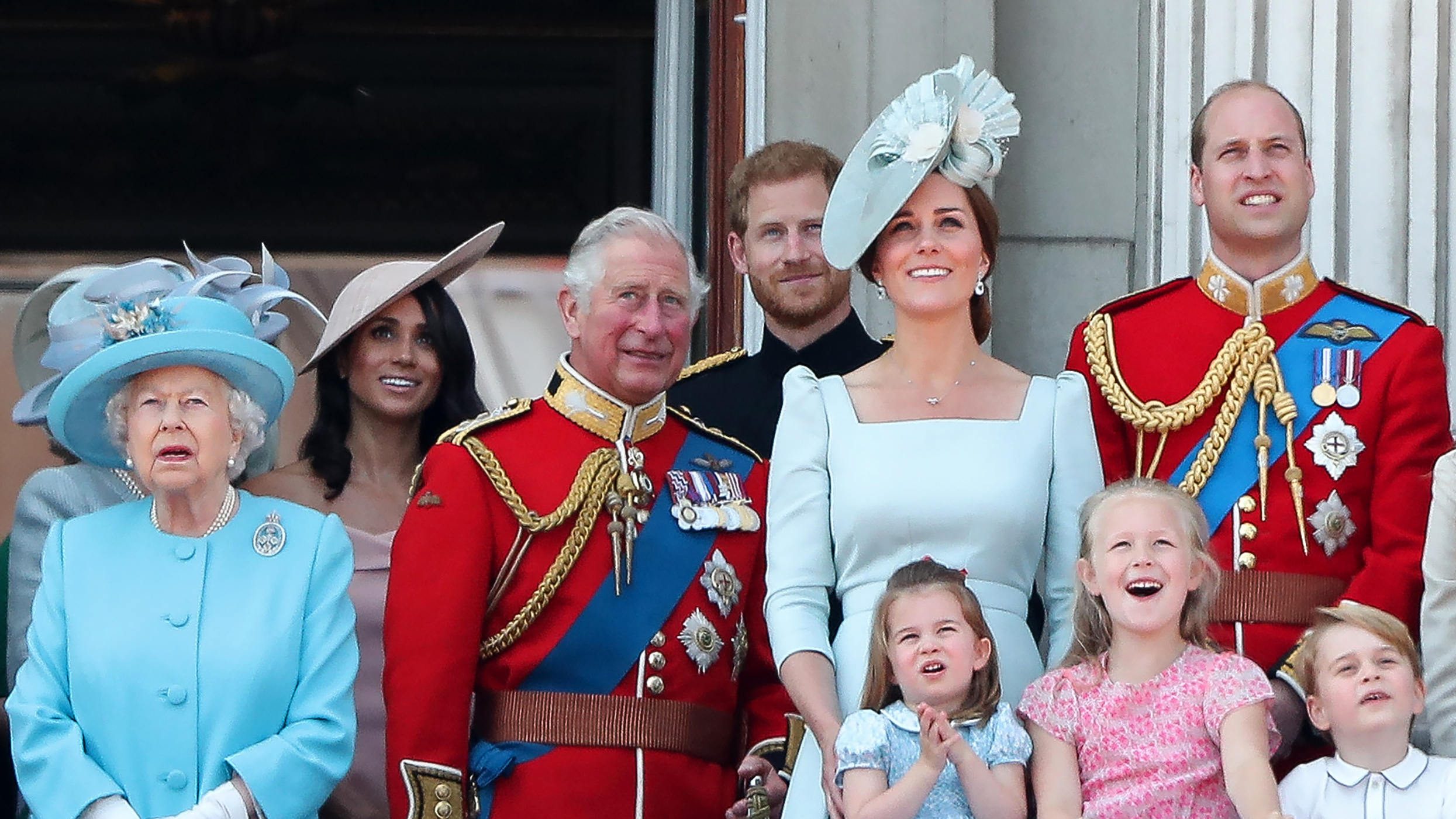The September 11 attacks remain one of the most significant tragedies in modern history, leaving a deep scar on the American psyche and beyond. Thousands lost their lives, families were shattered, and the world as we knew it was forever changed. In light of such profound loss and suffering, the idea of making jokes about 9/11 can understandably stir up a lot of emotions. Yet, humor—especially dark humor—has long been a human mechanism for processing grief, fear, and trauma.
In today’s world of instant communication and meme culture, jokes about nearly every topic, no matter how sensitive, can surface online. The appearance of 9/11 jokes often prompts strong reactions, ranging from outrage to uncomfortable laughter to critical reflection. As society evolves, so too does the conversation about what is considered acceptable in comedy. When it comes to 9/11, the balance between free speech, coping mechanisms, and respect for victims and survivors remains delicate.
Understanding this complex relationship between humor and tragedy helps us explore bigger questions: Why do people use humor in response to pain? Where is the line between satire and insensitivity? And most importantly, how can we, as individuals and as a culture, maintain compassion while navigating difficult conversations?
The Role of Dark Humor in Society

Dark humor, often referred to as “gallows humor,” has a long history rooted in human survival instincts. It emerges in moments of despair, giving people a way to confront the unthinkable without being paralyzed by fear or sadness. Whether it’s soldiers sharing jokes in the trenches or doctors using humor to cope with death and suffering, dark humor offers a psychological shield against overwhelming emotion.
Psychological studies have shown that humor can be a healthy coping mechanism. It allows individuals to express and process feelings that may be too painful to confront directly. By laughing at what scares or devastates us, we reduce its power over us. In this way, jokes about tragedies—even ones as harrowing as 9/11—can be seen not simply as offensive outbursts, but as attempts at emotional survival.
However, dark humor is often context-dependent. A joke that feels healing to one person can seem deeply hurtful to another. In the case of 9/11, the trauma is still fresh for many who lived through it, lost loved ones, or saw their communities shattered. For them, humor about the event may feel disrespectful or even cruel. Understanding this tension is critical when discussing 9/11 jokes and similar forms of humor that deal with collective tragedies.
9/11 Jokes: Where Is the Line?
Drawing the line between humor and offense is never easy, especially when it involves a tragedy of 9/11’s magnitude. Public reaction to 9/11 jokes has often been swift and unforgiving. Early on, jokes about the attacks were largely taboo, with comedians avoiding the topic out of respect—or fear of backlash. Over time, however, as generational distance grew, some comedians began to cautiously approach the subject, often using it to comment on broader social or political issues.
The key distinction lies in the intent and the audience. Satirical humor, for example, often seeks to expose injustices or criticize failures of leadership surrounding 9/11, rather than mock the victims themselves. On the other hand, jokes that appear to trivialize the suffering or turn it into mere shock value are often rejected by audiences as offensive and unnecessary.
Examples of missteps abound. Certain celebrities and internet personalities have faced heavy criticism—or even career setbacks—after making poorly judged jokes about 9/11. Their experiences demonstrate that while humor can be a tool for healing or critique, mishandling sensitive subjects can quickly lead to widespread condemnation. In the end, knowing your audience and respecting the gravity of the subject are essential for comedians and creators who wish to engage with such content.
Ethical Considerations: Is Any 9/11 Humor Ever Acceptable?
The ethical landscape surrounding 9/11 jokes is nuanced. First and foremost, respect for victims, survivors, and their families must be at the center of any discussion. Comedy that seeks to diminish their experience or profit from their suffering crosses a moral line, regardless of the comic’s intentions.
That said, intent does matter. Many comedians who approach sensitive topics do so with the aim of offering perspective, highlighting human resilience, or critiquing systems of power. In these cases, humor can serve a valuable role, prompting reflection and even offering solace. However, even well-intentioned jokes can cause harm if poorly executed or delivered in the wrong context.
Before making or sharing humor about 9/11, it’s important to ask: Am I punching up or punching down? Am I opening a conversation, or merely trying to shock? Does the humor invite empathy or disdain? Ethical comedy demands a deep sense of empathy, careful thought, and a willingness to listen if others express hurt or offense.
In an interconnected world where online content spreads rapidly, the stakes are even higher. What might be a private joke among friends can quickly become a public controversy. Thus, a sensitive, thoughtful approach is not just ethically sound—it’s also practical.
How 9/11 Humor Has Evolved Over Time
The cultural treatment of 9/11 jokes has shifted significantly over the past two decades. In the immediate aftermath of the attacks, the nation entered a period of collective mourning. Humor, particularly about the tragedy itself, was widely deemed inappropriate. Late-night shows paused. Comedians treaded lightly, if at all, around the subject.
As time passed, however, the approach evolved. Shows like “South Park,” known for their fearless satirical style, cautiously introduced 9/11-related content, often targeting political responses or conspiracy theories rather than the tragedy itself. Stand-up comedians from newer generations began including nuanced commentary on 9/11, often using it as a vehicle to explore broader themes of nationalism, media sensationalism, or generational differences.
The rise of internet culture further complicated matters. Memes about almost every topic—including 9/11—started appearing on forums, social media, and TikTok. Gen Z audiences, more removed from the direct experience of the attacks, often engage with such content in a way that previous generations find unsettling. This reflects a broader trend: over time, society tends to incorporate even its darkest chapters into humor as a way of processing and moving forward.
Nevertheless, sensitivity remains essential. Whether through stand-up comedy, memes, or TV shows, treating tragic events like 9/11 with appropriate thoughtfulness is crucial to maintaining both humor and humanity.
Conclusion
Humor and tragedy have always had a complicated relationship. When it comes to 9/11 jokes, the stakes are especially high, given the profound suffering caused by the attacks. Dark humor can serve as a coping mechanism, a tool for social commentary, or simply a way to manage pain too large for words. But it can also cause fresh hurt if wielded carelessly.
The key is empathy: recognizing the continuing grief of survivors and victims’ families, understanding the broader cultural impact of the event, and considering the purpose behind the humor. As society continues to grapple with how to talk about 9/11, balancing free speech with compassion remains more important than ever.
By navigating humor thoughtfully, we honor both the healing power of laughter and the deep, enduring weight of loss.
FAQs
Why do some people make jokes about tragic events like 9/11?
Humor can be a coping mechanism that helps people process trauma and overwhelming emotions.
Are 9/11 jokes considered offensive by most people?
Yes, many still find them offensive, especially those directly affected by the tragedy, though reactions vary widely based on context and intent.
Can dark humor be a healthy way to cope with trauma?
For some individuals, dark humor offers a psychological way to face difficult realities and reduce emotional distress.
What are examples of comedians who address sensitive topics responsibly?
Comedians like Jon Stewart and Bo Burnham are known for handling sensitive topics with a mix of humor, empathy, and social critique.
How has the perception of 9/11 jokes changed over time?
While early post-9/11 jokes were largely taboo, later generations have approached the subject with more openness—though sensitivity remains critical.
You May Also Read: https://zibbusiness.com/bathroom-ideas/





